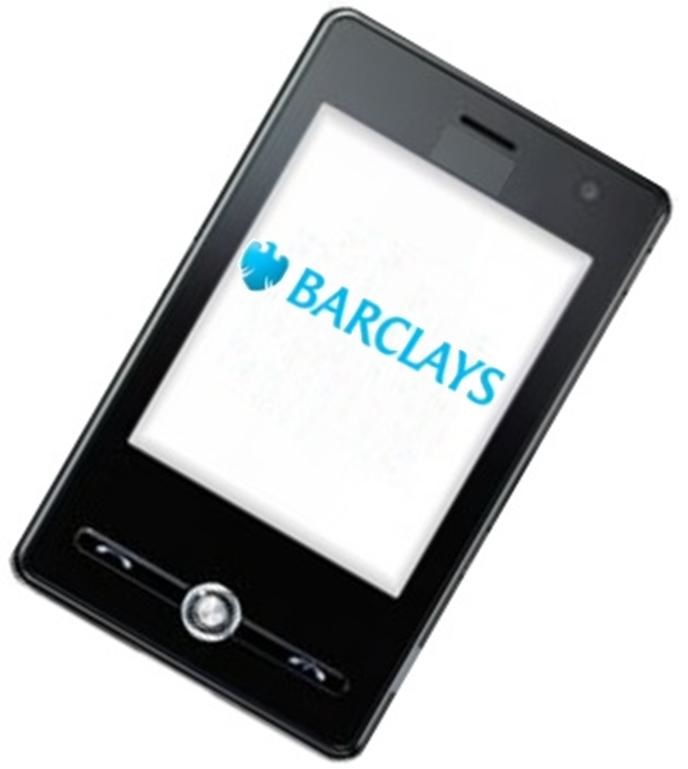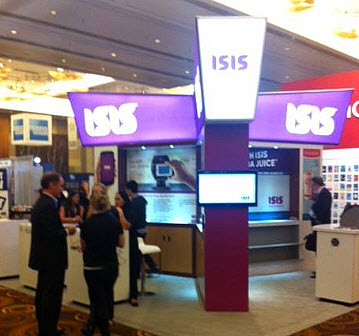The U.K. bank has announced the introduction of a considerable update to make the process easier.
Barclays has just announced the latest functionality in its Pingit app, as it is now providing large businesses the opportunity to complete mobile payments through the use of only a cell phone number.
This completely removes the requirement for having to submit any sensitive banking data.
Now, the app makes it possible for retailers, insurance companies, utilities, and other larger organizations to be able to send mobile payments without having to obtain or store the details of debit or credit cards. This is because the File Gateway from Barclays gives them the ability to send funds direction into the individual Pingit accounts. Those are available to both Barclays customers and those who are not.
This new mobile payments opportunity is meant to help to bring convenience, speed, and security.
 The Barclays head of U.K. corporate payments, Mike Walters, explained that “Consumers today want quick and convenient ways to receive value.” He went on to add that by using mobile payments, they have a solution that is both rapid and secure for accomplishing that goal, without ever having to share their account numbers with anyone else, including the company from whom they are making the purchase.
The Barclays head of U.K. corporate payments, Mike Walters, explained that “Consumers today want quick and convenient ways to receive value.” He went on to add that by using mobile payments, they have a solution that is both rapid and secure for accomplishing that goal, without ever having to share their account numbers with anyone else, including the company from whom they are making the purchase.
Walters also went on to state that when it comes to businesses, there is a rising importance which must be taken into consideration regarding the use of mobile payments as a more mainstream part of their business strategies as a whole. The reason is that it provides them with a long list of different potential benefits, including the reduction of the costs associated with the use of checks, as well as the enhancement of the customer experience.
Consumers are using their devices for a growing number of their daily activities and mobile payments can fit into these tasks quite smoothly. Though the option has been slow to take off in many of the western markets, many experts feel that it will not be long before the use of smartphones as a replacement for plastic cards begins to take off at an explosive rate.
The joint venture from T-Mobile, Verizon, and AT&T has now finally launched throughout the U.S.
The approach of the Isis mobile payments wallet launch was first reported by Mobile Commerce Press from the Money2020 event, and now the day has finally come in which the service has rolled out across the United States so that users will be able to use their devices to pay for their purchases.
Now the market is wondering whether or not Isis will be any more successful than its many competitors.
Although there are around 40 handsets that are considered to be compatible with Isis mobile payments, they still represent a considerable minority of the devices currently owned by Americans. This has generated significant skepticism as to whether or not the carrier backed venture will have any more luck than its primary competition, Google Wallets, which remains primary little known and little used.
Furthermore, there are many other barriers to adoption presented by this mobile payments method.
 Even among consumers who do have the right type of smartphones – which are exclusively Android based and require specific types of technology – using this mobile payments system isn’t merely a matter of obtaining the wallet app. Though an app is required from the Play Store in order to use the service, there is also a physical update that must be made to the device before purchases can be made.
Even among consumers who do have the right type of smartphones – which are exclusively Android based and require specific types of technology – using this mobile payments system isn’t merely a matter of obtaining the wallet app. Though an app is required from the Play Store in order to use the service, there is also a physical update that must be made to the device before purchases can be made.
In order to use the “contactless” mobile payments from Isis, the smartphone user with the right kind of Android device will need to head to AT&T, T-Mobile, or Verizon Wireless in order to obtain an “enhanced” SIM card in order to improve the security on the device so that it will be possible to safely use the service. Once that card has been activated, then credit and debit cards can be added to the digital wallet, and the consumer can find retailers, restaurants, and other locations which accept this form of transaction.
The number of shoppers across the United States who will actually choose to make this effort to select Isis mobile payments over others – or traditional card and cash-based methods – has yet to be seen.
 The Barclays head of U.K. corporate payments, Mike Walters, explained that “Consumers today want quick and convenient ways to receive value.” He went on to add that by using mobile payments, they have a solution that is both rapid and secure for accomplishing that goal, without ever having to share their account numbers with anyone else, including the company from whom they are making the purchase.
The Barclays head of U.K. corporate payments, Mike Walters, explained that “Consumers today want quick and convenient ways to receive value.” He went on to add that by using mobile payments, they have a solution that is both rapid and secure for accomplishing that goal, without ever having to share their account numbers with anyone else, including the company from whom they are making the purchase.
 Even among consumers who do have the right type of smartphones – which are exclusively Android based and require specific types of technology – using this mobile payments system isn’t merely a matter of obtaining the wallet app. Though an app is required from the Play Store in order to use the service, there is also a physical update that must be made to the device before purchases can be made.
Even among consumers who do have the right type of smartphones – which are exclusively Android based and require specific types of technology – using this mobile payments system isn’t merely a matter of obtaining the wallet app. Though an app is required from the Play Store in order to use the service, there is also a physical update that must be made to the device before purchases can be made.